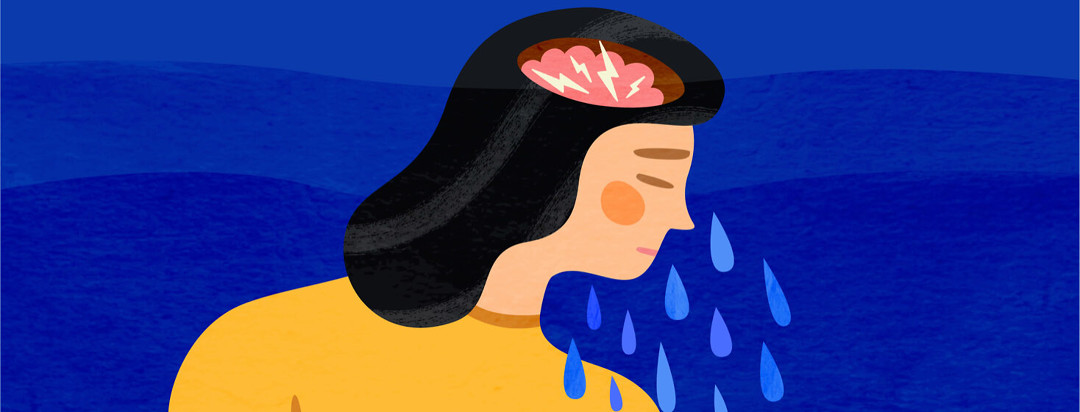How Do I Know If My Sadness Is Depression?
As a social worker in a cancer center, I often have people say to me, “Of course I’m depressed, I have cancer.” My response to that is usually something like “Just because we might know why you’re feeling a certain way, doesn’t mean we should ignore it or that there isn’t anything we can do to help”.
Doctors need to ask more about mood
Mood impacts almost every aspect of a person’s life -- relationships, work, sleep, appetite, energy, motivation, just to name a few. In the medical community, we should be routinely asking about mood, just as we ask about other symptoms like pain, or appetite, or fatigue, or breathing. Just because we might know why someone has pain, does not mean we should ignore it. This holds true for physical pain and emotional pain. A change in mood can be one of the most troubling side effects of cancer or cancer treatment.
There are often simple strategies that a person can do on their own to help improve their mood, but sometimes it requires help from professionals. This is one of the reasons it is important to understand when you’re feeling sad and when you might be depressed.
What is sadness?
Sadness is a common human emotion. It usually is a result of a difficult, disappointing, or challenging situation or thing. Sadness is fleeting, you feel it sometimes, but not all of the time and it tends to resolve or at least lessen over time. Most everyone who receives a cancer diagnosis or loves someone who receives a cancer diagnosis feels sad at times. Usually, sadness can be helped or lessened by talking to someone you trust, spending time with friends or family, or participating in an activity that you enjoy.
How depression differs
Depression is different. Depression is a serious health condition that requires attention and treatment. Some of the symptoms of depression are:1
- Loss of interest or pleasure in all or most activities
- Feeling sad, empty or hopeless most of the day
- Difficulty sleeping or sleeping too much
- Feelings of worthlessness or guilt
Depression can often go undiagnosed
Depression is not fleeting. Symptoms occur every day or nearly every day and last for at least two weeks. It’s estimated that about 16 percent of people who have cancer also have depression, although these rates vary widely in different studies.2
Part of the problem is that many of the physical symptoms of depression -- fatigue, loss of appetite, and problems with sleep -- are also symptoms of cancer and cancer treatment, so depression in people with cancer often goes undiagnosed.
Don't hesitate to talk to someone
The very good news is that depression is treatable, usually with supportive counseling or medication or a combination of both. If you are feeling sad, or think you might be depressed, or just are not sure, let someone know. Talk to your doctor, nurse, or social worker. Treatment for depression works, but the first step is identifying that the depression is there.

Join the conversation